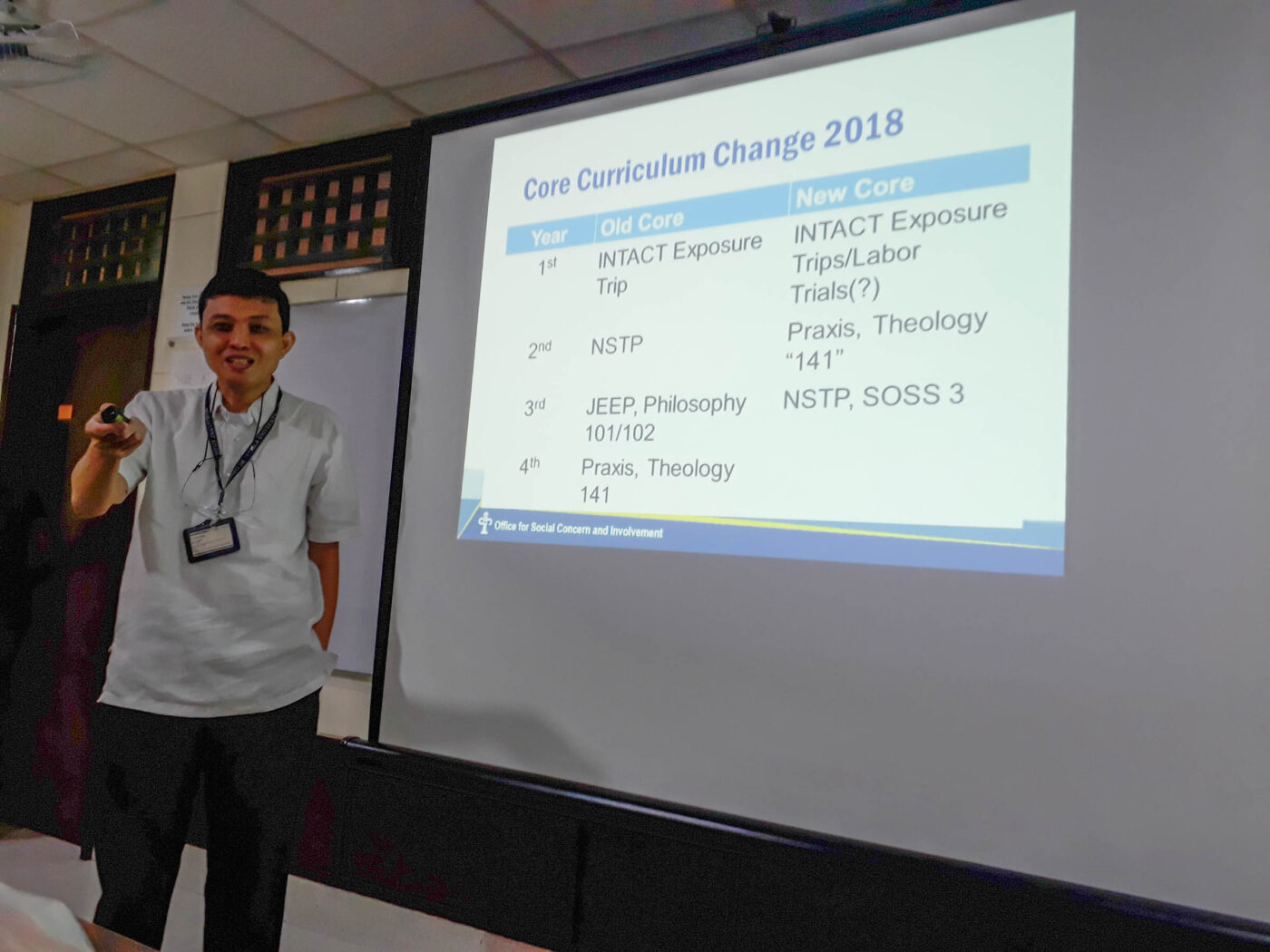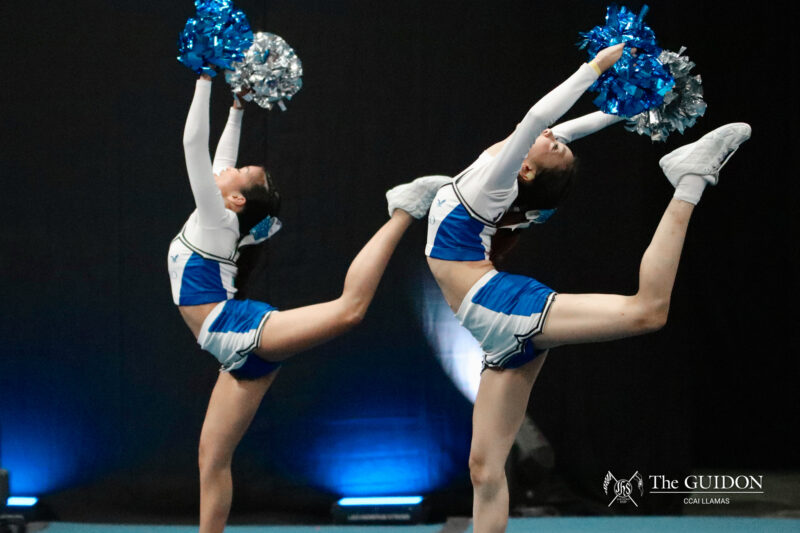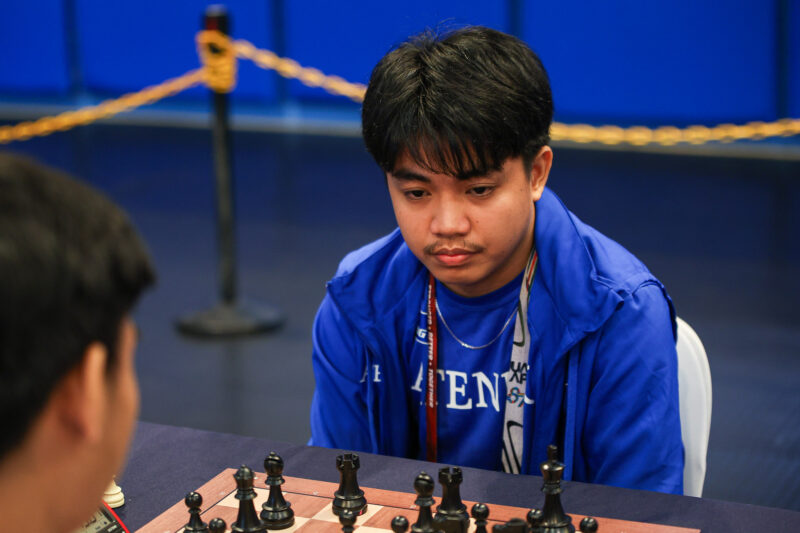THE OFFICE for Social Concern and Involvement (OSCI) will introduce a new structure for the Integrated Ateneo Formation (InAF) program beginning school year (SY) 2018-2019.
The new program will move PRAXIS or immersion from fourth year to second year, and the National Service Training Program (NSTP) from second year to third year. The new InAF program will also conclude by junior year.
The revamped structure was presented to Ateneo student leaders in a meeting organized by OSCI on August 8. The changes will take effect once the new core curriculum is introduced in SY 2018-2019 and will only affect the freshman batch of that year.
The current roster of InAF programs includes the Introduction to Ateneo Culture and Traditions (InTACT) for freshmen, NSTP for sophomores, the Junior Engagement Program (JEEP) for juniors, and the Senior Integration Program (SIP) for seniors.
‘Logical’ structure
In an interview with The GUIDON, OSCI Director Leland Dela Cruz said that the new structure is “more logical” than the one currently in use.
“We thought this structure would be a bit more logical than the old structure because the way this works, the old curriculum–with NSTP in second year, the service comes before the exposure,” he said.
According to Dela Cruz, moving immersion from fourth year to second year also gives the students more time to process their experiences in the program.
“Once you’re in fourth year, in a sense you’ve already made your mind up about what to do after you graduate and there isn’t enough time for the immersion experience to sink in,” he said.
Meanwhile, the required InAF activities will end at third year to allow seniors to work on their theses and projects. Despite this, Dela Cruz said that he hopes the seniors’ experience in immersion and NSTP would encourage them to carry over their work into their theses in fourth year.
End of JEEP
Another possible change to the InAF program is the proposal of moving “Labor Trials” to first year.
According to JEEP InTACT Team Leader Leal Rodriguez, the Labor Trials will focus on “experiencing work to learn about yourself” and will be run like JEEP as an immersion or “engagement in labor,” but for the freshmen. She added that the model for the program is still in the works. Meanwhile, the JEEP program will be retired in 2020.
Dela Cruz said that this will serve as a “preparatory” exposure for the students before they undergo their immersion the following year.
On this development, Philosophy professor Agustin Rodriguez, PhD, said that he “really appreciated” the JEEP program, but acknowledged that the new structure would be better for the students.
“It’s better now, kasi it integrates your service. We don’t want you to do some one-shot thing. We want your life to be involved in service,” he said.
“It’s just sad because it was fun when it was with [Philosophy] because you really had something concrete to compare,” he added.
Meanwhile, legal management senior John Borja welcomed that OSCI is “actively rethinking” the InAF program, but said that risks, such as logistical issues and the general readiness of the students for the activities, may arise.
“The major logistical challenge posed by having NSTP weekly, as opposed to just 16 hours in JEEP, might add to physical and emotional stress for many students,” he said.
He added that the current InAF program possesses “a certain kind of growth” and that students taking Philosophy are more “humbled” to perform well and more sincerely in JEEP.
Discipline-based
In addition to the restructuring of the InAF programs, the new curriculum will move NSTP towards a discipline-based social formation.
Dela Cruz said that having NSTP coincide with the disciplinal courses of the students in their third year will help them provide more substantial contributions to their partner communities.
“You’re helping micro-entrepreneurs with their businesses, but the only management course you’ve taken up is accounting. You haven’t done marketing yet, you haven’t done operations management yet. At least in third year, you’ll be taking those courses along with your NSTP,” he said, pertaining to the case of John Gokongkwei School of Management (JGSOM) students.
On the new direction of the InAF program, JGSOM Representative Alec Lim said that the new approach will be more “relevant” to the students.
“I think that’s a lot more relevant kasi it’s hard to just generalize service. As a part of your discipline, it’s something that you’ve committed to,” he said.
Meanwhile, School of Social Sciences (SOSS) Representative Dasha Uy said that the new approach enables the students to respond to national issues with their own core competencies.
However, she said that the shift to a discipline-based direction for the InAF programs should still be studied further.
“It’s good that it’s there to give us an idea on how we can respond, but it has to be studied very carefully, kasi hindi naman lahat makaka-respond (because not everyone can respond) in the same way,” she said.
For development studies senior Kelvin Cabildo, moving immersion to second year is a “good idea” to be able to better understand the context of the sector for immersion. Furthermore, he said that his past experience in NSTP did not motivate him to serve.
“You do it because it’s a requirement. Bakit? Hindi mo naiintindihan ‘yung sector. Hindi mo naiintindihan kung ano ‘yung kailangan nila, kung sino sila, ano ‘yung context nila,” he said.
(You do it because it’s a requirement. Why? Because you don’t understand the sector. You don’t understand what they need, who they are, and what their context is.)







